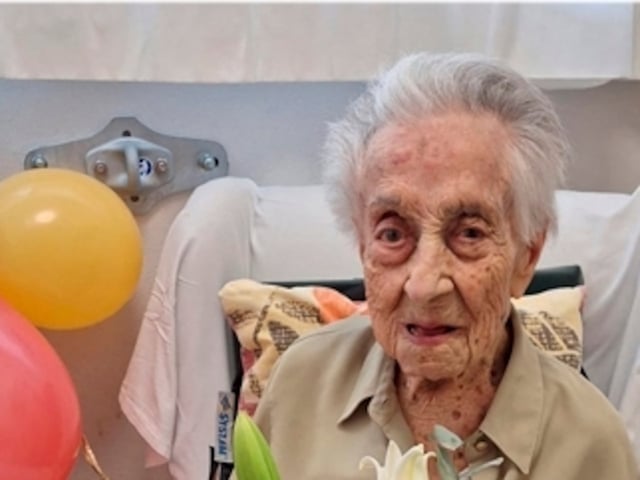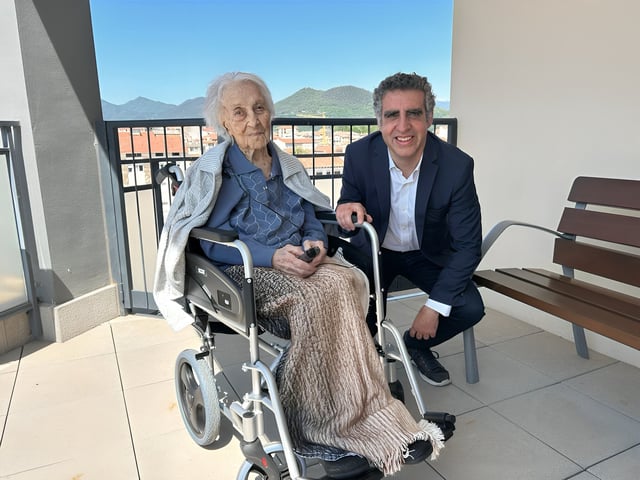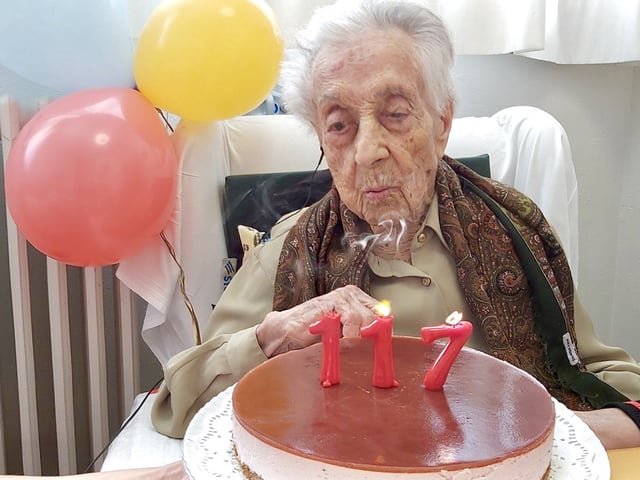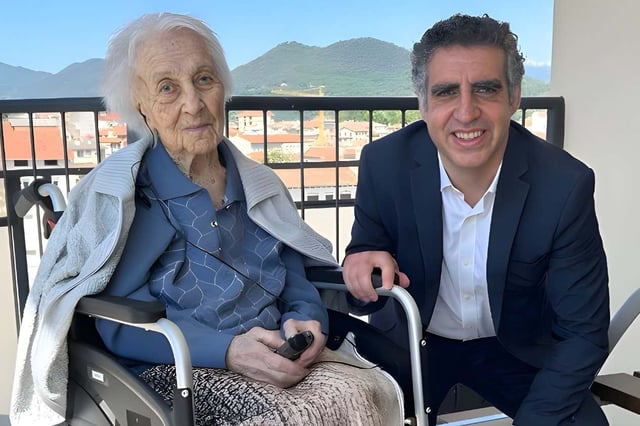Overview
- Published in Cell Reports Medicine, the case study integrates genomics, epigenetics, proteomics, metabolomics and microbiome data from samples collected when María Branyas Morera was about 116.
- Her genome was enriched for variants linked to cardiovascular and neuroprotection and favorable lipid profiles, with fewer alleles tied to major diseases.
- Epigenetic clock analyses suggested a markedly younger biological age, and clinical measures indicated highly efficient lipid metabolism with very low harmful cholesterol.
- Her gut microbiome appeared unusually youthful with abundant Bifidobacterium; investigators note her daily yogurt habit as a plausible contributor without asserting causation.
- Classic aging signals persisted, including very short telomeres, immune aging and somatic blood-cell mutations, yet she lacked serious age-related diseases, prompting calls for larger, longitudinal studies to test generality.



